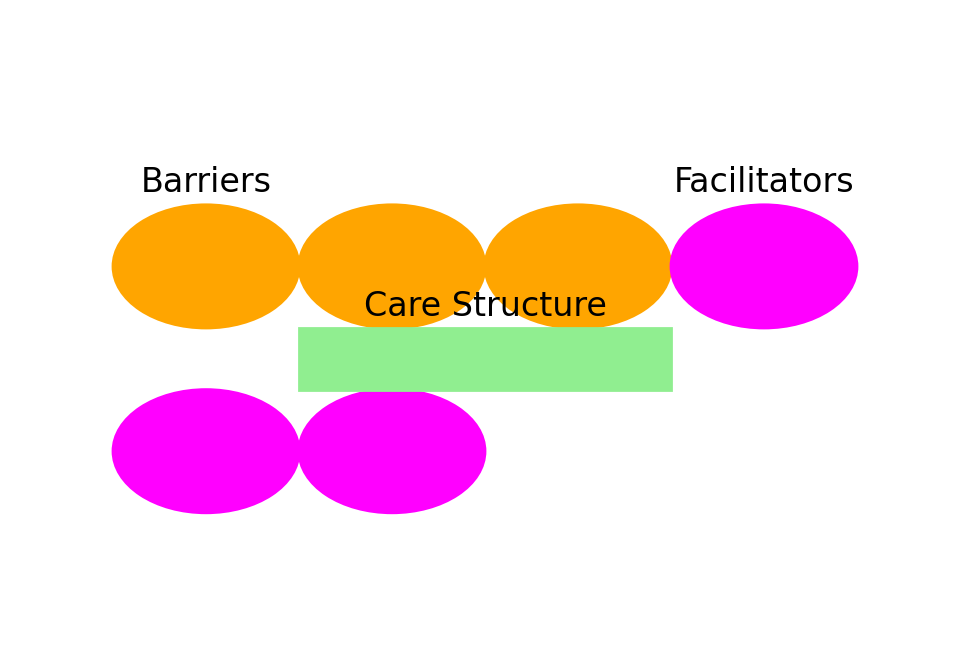Barriers and Facilitators to Workforce Changes in Integrated Chronic Care
Abstract
Introduction: The aim of the study is to investigate the barriers and facilitators to the implementation of workforce changes implemented as part of integrated chronic care interventions.
Methods: We used a qualitative multimethod design that combined expert questionnaires, a systematic literature review, and secondary analysis of two case reports. Twenty-five experts, twenty-one studies and two case reports were included in the study.
Results: Most barriers related to problematic delivery structures, health professionals’ skills and enthusiasm, IT, funding, culture and cooperation and communication. Most facilitators related to health professionals’ motivation and enthusiasm, good delivery structures, communication and cooperation, IT, patients, leadership and senior management. Overall, similar categories of barriers and facilitators were found.
Discussion: We recommend that future research focusses on more complex designs including multiple data sources, as these are better able to capture the complexity of interventions such as integrated care. We recommend that health managers and policy-makers should invest in delivery structures and skills and motivation of health professionals to improve the implementation of workforce changes in integrated chronic care interventions.
Conclusion: The added value of the present study lies in its provision of information on which factors might mitigate the success of an intervention, which helps to prevent premature conclusions of ineffectiveness for complex interventions.
